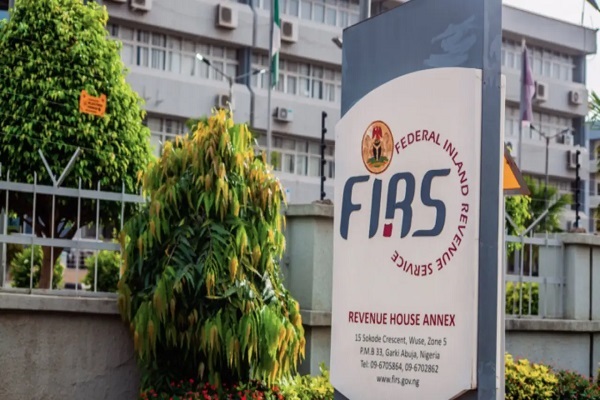
The Federal Government of Nigeria is contemplating a significant reduction in the cost of revenue collection, a move that would see all revenue-generating agencies earn a uniform one per cent on the revenue they generate.
This proposal was unveiled by Mr. Taiwo Oyedele, Chairman of the Presidential Fiscal Policy and Tax Reform Committee, during a public consultation workshop in Abuja yesterday.
The agencies most affected by this proposed cut include the Federal Inland Revenue Service (FIRS), which currently receives four per cent of the revenue it collects; the Nigeria Customs Service (NCS), which receives seven per cent; and the Nigerian Upstream Petroleum Regulatory Commission (NUPRC), which receives five per cent.
Oyedele emphasized the necessity of aligning with international best practices, noting that the prevailing costs of collection in Nigeria range from one per cent to over 30 per cent. He stated, “If an agency cannot collect revenue at one per cent, it should not be collecting it at all. This reform aims at ensuring that government agencies focus on their primary functions rather than duplicating tax collection efforts.”
He added, “We are serious about the one per cent, and it should cut across everybody. If you cannot collect revenue with one per cent, then you should not be collecting it at all. Government agencies should focus on the primary reason they were set up.”
Highlighting the efficiency of other countries, Oyedele mentioned, “A country like South Africa operates at under one per cent.”
In addition to the cost-cutting measures, the committee is also recommending a transformation in the disbursement process of the Federation Account Allocation Committee (FAAC). Currently, FAAC meets monthly to distribute funds from the Federation Account to the federal, state, and local governments. The committee proposes changing this disbursement process from monthly to daily.
Describing the current monthly method as outdated, Oyedele said, “We believe the system can be configured to credit the accounts of local, state, and federal governments daily. This will modernize the process, moving away from archaic practices similar to those of 1814.”
The proposed reforms aim to enhance efficiency and ensure that government agencies focus on their core responsibilities, ultimately improving the overall fiscal policy and tax system in Nigeria.








